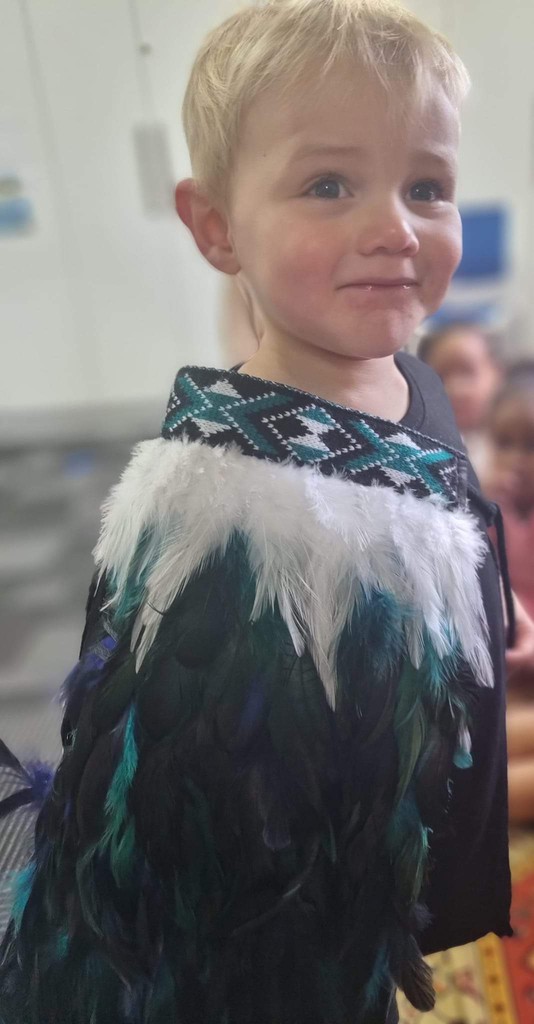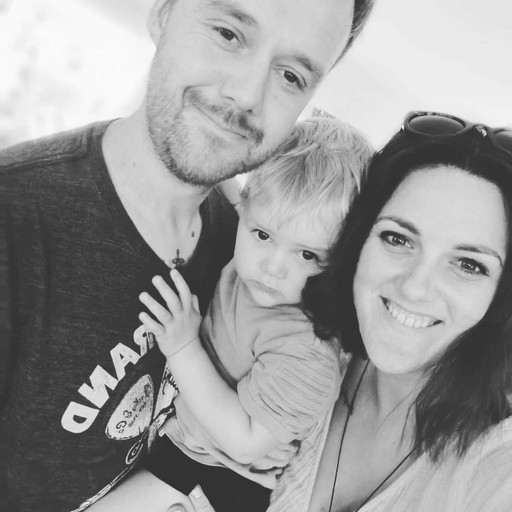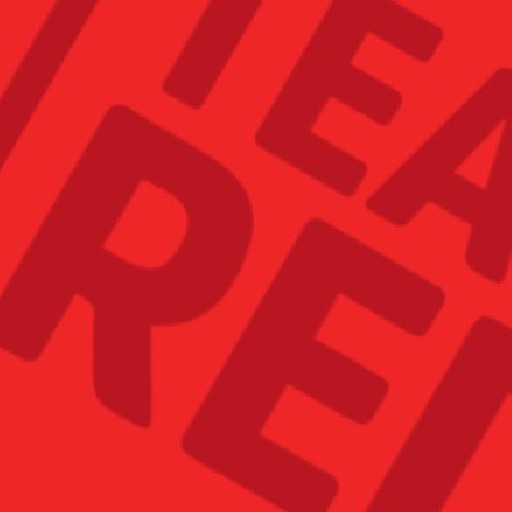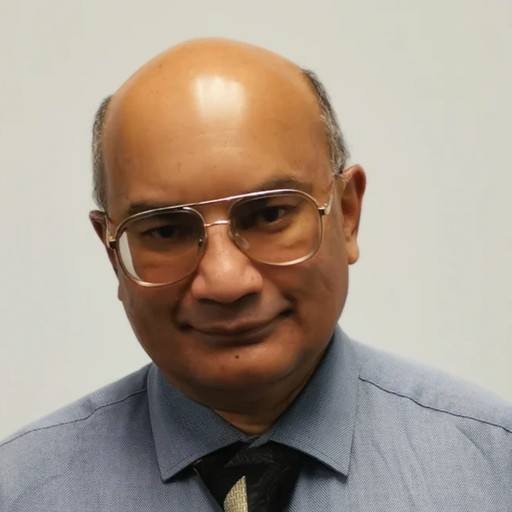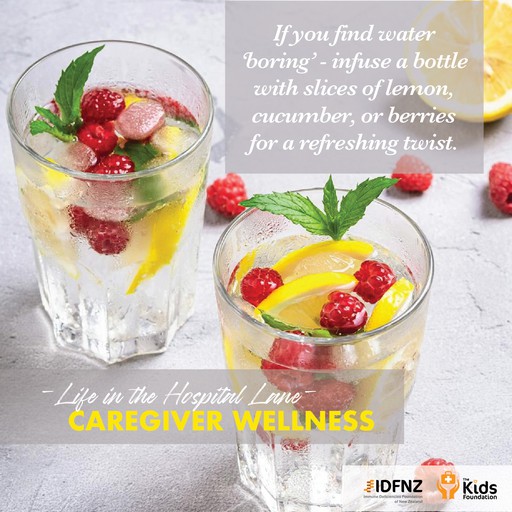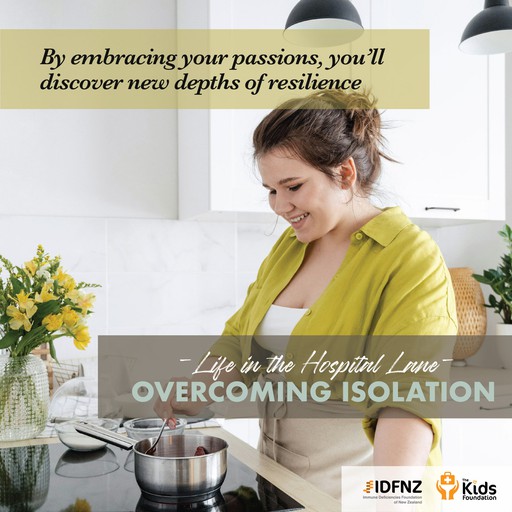My Story:
Elizabeth’s Story
Tēnā koutou katoa
Ko Moriori au
Ko Kōpinga tōku marae
Ko Hokotehi tōku imi
Ko Ngāti Mutunga o wharekuri tōku iwi
I tipu ake ki Ōtautahi
Ko Max tāku tama
Ko Nick Murchison tāku tāne
Ko Liz Murchison tōku ingoa
Nō reria tēnā koutou katoa
What do you do when the treatment is over?
I became a first-time mum when Max entered the world in September 2019. Back then, I didn’t know how to change a nappy or bathe a new-born – let alone clean around a double hickman line, spot petechiae, monitor platelet levels or tackle severe eczema. It was a steep learning curve, to say the least. My ‘plan’ was to return to work when Max turned 6 months old. I was working with an amazing small business in Christchurch that shared my excitement about my new journey into motherhood. However, everything shifted when Max had his first platelet blood transfusion at just 3 weeks old. It was a stark realisation that my carefully laid out “plan” was about to change.
On December 6th, at 11 weeks old, genetic results confirmed he had Wiskott Aldrich Syndrome. A rare disease with the unfortunate characteristics of low platelets, severe eczema, and a compromised immune system. Overnight, my world transformed. I found myself confined to my house due to the risk of Max getting sick. I wasn’t allowed to get groceries, visit my whānau, ‘show off’ my baby, attend mum groups or even return to work. Blood and Plasma Donation Calling IDFNZ Members and Supporters to be LIFESAVERS Organ donation is a personal choice. Organ donation is a personal choice. After your conversation with Whanau, if you decide to become an organ donor, it is important to record that decision.
Driver Licensing provides an opportunity to consider being identified as a potential donor on your driver licence is a matter of personal choice. However, careful consideration is encouraged before making a decision. When you fill out your driver licence application form you’ll be asked: ‘Would you be willing to donate organs in the event of your death?’ You can tick either ‘Yes’ or ‘No’. You must tick one – they can’t give you a licence card unless you have ticked a box. If you tick the ‘No’ box, nothing will show on your driver licence regarding your donor status and you will not be recorded as a donor on the driver licence database. By ticking the ‘Yes’ box and signing the form, all you are agreeing to is having the word ‘DONOR’ printed on your licence card. It’s also recorded on the driver licence database.
Ticking the ‘Yes’ box on your driver licence form only means that you have indicated your wish to be identified as an organ and tissue donor. It does not automatically mean that your organs or tissues will be donated in the event of your death. In practice, your family will always be asked for their agreement to organ and tissue donation. If your family knows what your wishes are regarding donation, they will be more likely to follow them through in the event of your death. Having your wishes displayed on your driver licence is just one way of making them known to your family.
You should also discuss your decision with them so that they understand your wishes and can follow them through. If you subsequently change your mind – simply contact VTNZ and your record on the driver licence database can be altered. If you would like more information about organ and tissue donation, contact Organ Donor New Zealand Freephone 0800 4 DONOR (0800 436 667) Email contactus@donor.co.nz Register as a donor on your driving license Max’s Haematologist made it clear that I would be his full-time caregiver until he started primary school.
This was a very hard pill to swallow. I knew I would do anything for Max, but it was tough to accept that my ability to help provide for my family and the career I’d worked hard to build were slipping through my fingers. It felt like all the work I had invested in my professional journey was suddenly in vain. My friend list shrunk and my whānau relationships suffered quickly. We spent 9 months in Auckland. Starting from Feb 2020 to Sept 2020 (through the terrifying lockdowns of covid). We couldn’t have any visitors and even if we could, there were no flights available. I held hope that things would improve but Max’s medical needs persisted. From weekly trips to Auckland, the schedule slowly eased to fortnightly, then monthly, and finally every 3 months. While my network of support was sincere and appreciated, I longed for more.
I grieved the life that I never got. In July 2021, my husband and I decided to embark on IVF PGD – our only option for expanding our family given that I am a carrier for the Wiskott Aldrich gene. I dreamt of experiencing the new-born life, of showcasing my baby, shopping for cute things, capturing ridiculous amounts of selfies with them, and envisioning taking a sleeping baby out for a stroll with a large coffee in hand. Despite having Max successfully, and with lack of a better word, easily, IVF was cruel to us. There were not enough eggs retrieved and it was deemed a ‘failed IVF cycle’. I grieved in silence as I felt I have burdened my friends and family enough with Max’s diagnosis and treatment.
I grieved a baby I never had, and I grieved my dreams. Max’s entry into part-time preschool Te Pito o Te Puna Wai o Waipapa – Hagley Community Preschool in 2021 marked a turning point. With my sister in the role of Assistant Director, I felt secure entrusting Max to their care for a few hours each day. Max thrived and he progressed quickly into half days – then full days. I began to get a glimpse of myself again. In 2022, an opportunity arose at the New Zealand Blood Service (NZBS). I joined the Southern team as a Donor Relations Coordinator based at the Christchurch Donor Centre. Working alongside seven other team members, I found myself in a role that brought immense fulfilment.
My daily tasks include recruiting new donors and rallying Team Reds. I work with the Collections and Logistic teams to ensure the success of our mobile blood drives across the South Island and meet with the hospital’s targets. My journey came full circle as my son, Max, received more than 34 platelet and blood transfusions within five months. He encountered an array of plasma products with names I wouldn’t dare to try to pronounce. Today, I stand on the other side, educating, motivating, and encouraging donors to save lives, much like they’ve done for my son. Within NZBS, there are colleagues who have dedicated over two decades to the cause – individuals who show up each day with a resolute purpose: to save lives. These colleagues of mine were the very ones calling donors who turned out to be a match for Max, I see their mahi in finding suitable donors, supporting them through the process, and follow-up.
I am so proud to say I work with these people and the NZ Blood Service. When Max was diagnosed, we launched a ‘give a little’ page, but asking for help was a humbling challenge. IDFNZ (Immune Deficiencies Foundation New Zealand) stepped in, offering food parcels, hospital vouchers, and gifts to mark Max’s milestones. Leukaemia and Blood Cancer New Zealand extended their hand, providing ongoing counselling and support. With gratitude, my husband and I swore to give back everything we were given. Somehow, we would pay it forward. But we both knew this was going to be a forever commitment. When the news broke that Max needed a bone marrow transplant, my support network reached out, asking how they could help. They wanted to know about becoming donors, and about getting on the Bone Marrow Registry to see if they are a match for Max, I felt overwhelmed and unsure how to guide them, even proposing organising a blood drive at one point. Unfortunately, it is not that simple. When the opportunity fronted itself to work for NZBS I jumped at the chance. It allowed me to transform this commitment into action.
Passionate about saving lives, I immersed myself in a role that aligned with my values. Recently, my mahi has included building relationships with IDFNZ and LBC. My aim is to become a source of support for our community members looking to engage with the blood service. As a Donor Relations Coordinator, I bridge the gap. I am a conduit for our community to connect with NZBS, a point of contact for ideas or inquiries. If you have a group or a network that want to make a difference– I am here to help! We have this amazing programme called TEAM RED. It allows for a group to have their donations tallied in real time. You get to see how many donors are in your network and how many lives have been saved. IDFNZ has embraced theTEAM RED Challenge, welcoming community members to join and link their donations to our shared cause. This challenge spans nationwide, and I urge you to stand with IDFNZ and donate blood or plasma and encourage your loved ones to join. We all have tamariki who need blood or blood products and if you can’t donate yourself, please talk to your whānau and friends. Ask them to sign up and save lives. I was absolutely shocked to learn that only 4% of eligible people in Aotearoa donate. A mere 4%. That’s it. This realisation compelled me to raise my voice, to advocate for the tamariki who rely on these life-saving donations. Whether for your own child or for Max, lets amplify our impact. Hopefully Max will not need more blood in his life, but if he does, I will feel a lot more comfortable knowing it’s in the blood bank waiting for him – and other tamariki. My path took unexpended turns but for the better. Through Max’s presence, countless lives have been transformed and saved here in Aotearoa. My heart is full, and I am looking forward to our next chapter. ‘He waka eke noa.’
We’re all in this together.
‘He tangata, he tangata, he tangata.’
What is the most important thing is people.
Elizabeth Murchison, Christchurch.

